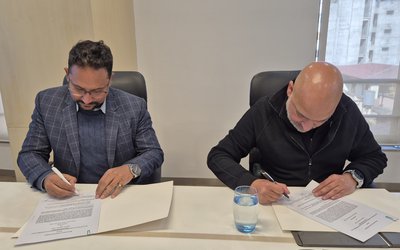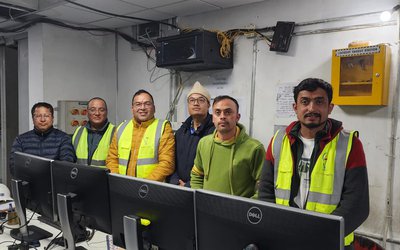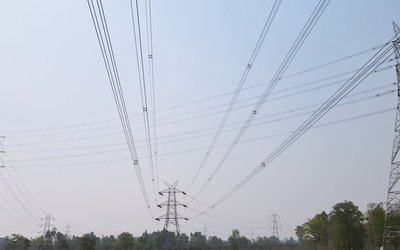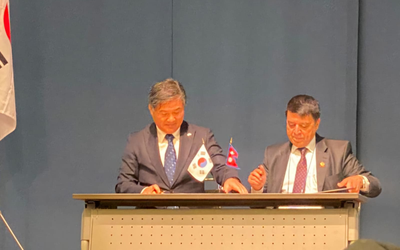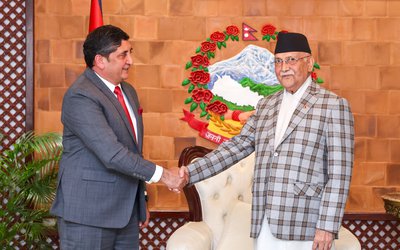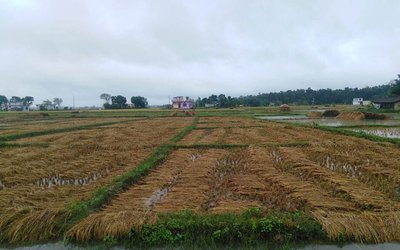Even as Japan is struggling economically in the aftermath of an unprecedented earthquake and Tsunami, it has decided to fund three projects with grants totaling $ 7.7 million from the Japan Fund for Poverty Reduction (JFPR).
“It is easily supposed that a huge amount of government budget will be inevitably required for the reconstruction and recovery of the country as a whole, and the affected area in particular. In spite of this, Japan is firmly determined to continue providing all possible assistance for the welfare of the people of Nepal, through poverty reduction, and the implementation of the already committed projects,” said ambassador of Japan to Nepal, Tatsuo MIZUNO.
The Asian Development Bank (ADB) and the Government of Japan have teamed up with the government of Nepal to help reduce child malnutrition, develop new livelihood opportunities for the poor, and promote greater access to clean energy--poor rural women.
“ADB is very pleased to work with the Government of Nepal and Japan on these projects which are targeted at benefiting the most vulnerable and often excluded groups in Nepali society – women, children and the extreme poor,” said Barry J . Hitchcock, ADB’s Country Director for Nepal, during the launch ceremony.
The government of Japan, through JFPR, has been supporting high-impact projects to reduce poverty in developing countries in Asia and the Pacific.
The Reducing Child Malnutrition Through Social Protection project will help Nepal improve planning and delivery of its social protection programs. Its goal is to promote more efficiency in the delivery of the recently introduced child grant, which is intended to contribute to reduce high level of child malnutrition.
Similarly, Support for Targeted and Sustainable Development Program for Highly Marginalized Groups project will provide assistance to develop new livelihood opportunities and improve income in some of Nepal’s poorest and most disadvantaged communities.
Likewise, Improving Gender-Inclusive Access to Clean and Renewable Energy in Bhutan, Nepal and Sri Lanka project will promote greater access to clean energy for the poor rural women in South Asia.
“We are all aware that poverty is multi faced and deep rooted and needs our attention. These projects will provide direct relief to the poorest and most vulnerable society,” said Krishna Hari Baskota, Secretary, Ministry of Finance.
“This synergy will help people’s living condition and I hope JFPR projects will reach out to highly marginalized groups,” he added.
The government of Nepal has already received 10 JFPR projects for the agriculture, governance, and social sectors worth more than $17.05 million from 2001 to August 2011.
Meanwhile, Government of Japan has recently completed upgrading the Kathmandu- Bhaktapur road from previous two lanes to four lanes, under Japan’s Grant Aid (ODA). Japan is also conducting the construction of Sindhuli road that covers 160 KM and supporting the development of Lumbini.
-
- SWISS SUPPORT: Construction Of A Trekking Trail In Koshi
- Dec 19, 2024
- PM OLI'S VISIT TO CHINA: BRI Agreement
- Dec 16, 2024
- RASUWAGADHI AND SANJEN: Begin Generation
- Dec 03, 2024
- NEPAL, INDIA ELECTRICITY TRADE Nepal's Advantage
- Dec 02, 2024
- PM Oli'S VISIT TO CHINA: Nepal's Dilemma
- Dec 01, 2024

